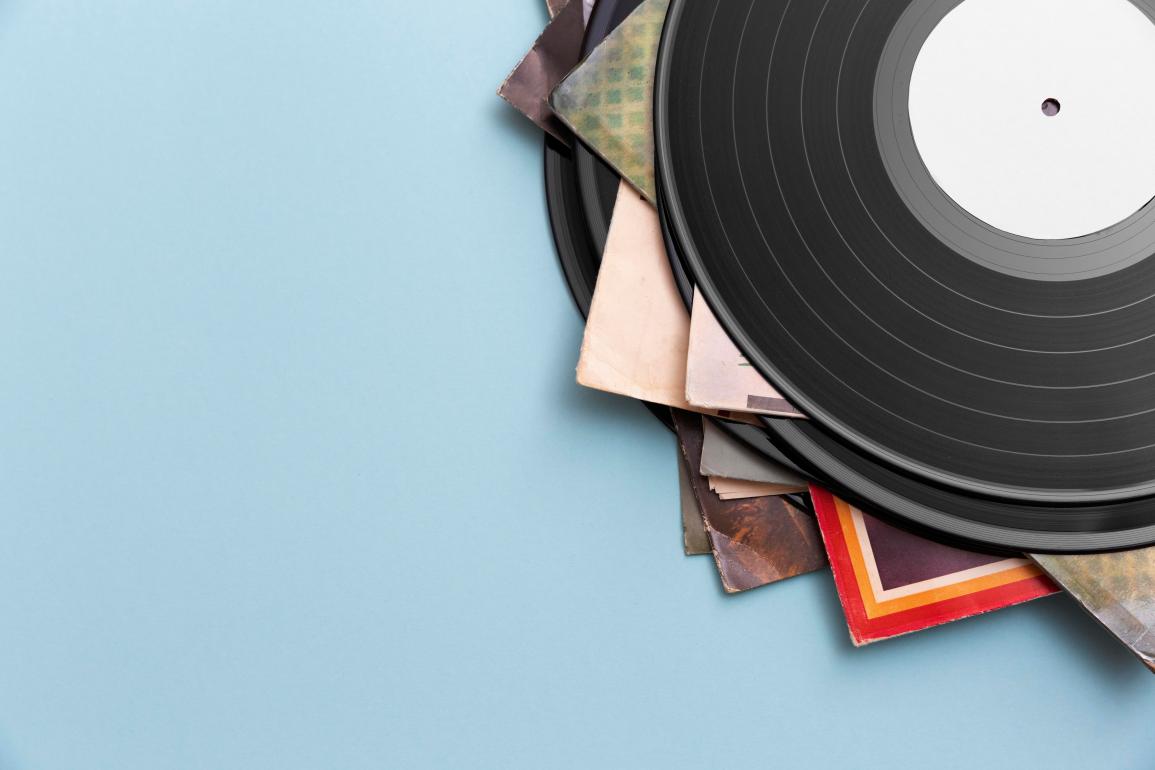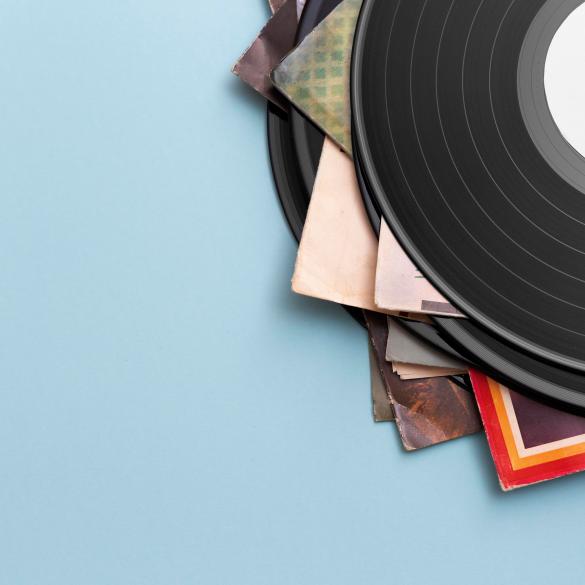The music industry has the potential to reach $131 billion by 2030. It is a machine that is well oiled and serviced, with millions of musicians contributing to these numbers. Although “music” as a business goes into 4 stages or so, musicians are pictured only making and recording music. The real money lies outside what happens after musicians publish, and the tale is truly eye-opening.
Record labels were started with the purpose of taking care of recording, mastering, publishing, and distribution of music. Initially slated as “letting the artist focus on the music”, many noticed that the trend was self-devouring. Many artists stopped owning their own music, contracts were unforgiving, and a constant cycle of touring taxed these performers.
With this in mind, musicians did begin to start their own record labels. We look at a few who really made it big, and the others who bit the dust. Try to notice the similarity between those who failed. I’ll catch you at the bottom of the article again.
Shady Records (Eminem)- 250 million

Thanks to his lyrical fortitude and firm place in pop culture, Eminem was quick. I meant that in two ways. He understood that losing ownership of his music and dancing to someone’s tune isn’t really worth it. Shady Records is his own label–and almost the entire net worth is from Eminem’s catalogue as well. That’s the real slim shady.
Roc Nation (Jay Z)- 140 million
We’re going through a bit of travel for this one. Jay-Z was initially tied to Roc-A-Fella records, with whom he had a public falling out. Though a group of rappers began the label, internal friction caused Jay-Z to leave. He soon joined Def Jam, releasing a few records under their label. Taking big pay cheques from each of these groups, he waited for the right opportunity for some serious coin.
When the entertainment group Live Nation offered to make Roc Nation more than a label–he was intrigued. This meant NFL shows, entertainment options while having ownership of his music. No wonder the mogul is a billionaire now.
Reprise Records (Frank Sinatra)- Acquired by Warner Music Group
for 10 million dollars in 1963
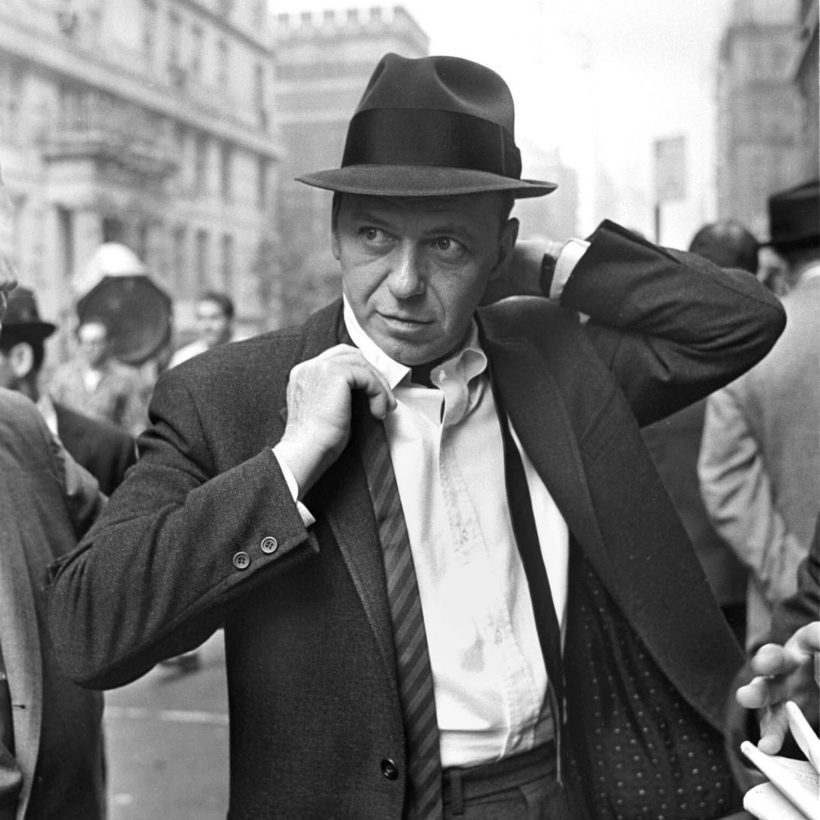
Sinatra was one of the first music superstars to be amplified by different media formats like radio, TV and film. He began Reprise Records in 1960, to find more freedom in his recordings. In the first 2 years, he had signed almost the whole Rat Pack, Bing Crosby, Jo Stafford, Rosemary Clooney, Duke Ellington, Nancy Sinatra & Esquivel
He sold the label to Warner Music Group for a mere 10 million dollars (adjusted to 104 million now). He continued to hold 1/3rd interest in the label, although many previously signed acts were dropped. Reprise as a brand continues to operate under WMG.
Maverick Records (Madonna)- Acquired by Warner Music Group
In many ways, Maverick was supposed to be the beginning of a revolution. Madonna became one of the first female artists to head a real record label, and one of the few women to run her own entertainment company. Her landslide albums and star power made it a profitable label, Alanis Morissette and grunge rockers Candlebox brought some name and fame to the label.
Check out the latest news: Al Barile, Guitarist and Co-Founding Member of SSD, Dies at 63
However in March 2004, the label and Madonna filed suit against Warner Music Group for mismanagement and poor bookkeeping leading to losses in millions of dollars. WMG filed a countersuit, alleging the same. On June 14, 2004, Madonna and co-owner Veronica Daschev’s shares were purchased, and they were exiled from the company.
That’s 2 for WMG, in this tiny list.
Apple Corps (The Beatles)- 5.5 million pounds
Let’s not make the list all depressive. Apple Corps is still owned by The Beatles (and estates of those who have passed). The undisputed spearheads of the music revolution, the band realised that most of their life would be whiled away not owning their music and touring even if they didn’t feel like it.
It is evident that The Beatles wealth and presence in the world has made sure no one has bought out Apple Corps. Perhaps McCartney and Starr have some stories to share. The label continues to operate to this day-the most of the catalogue made by the success of the Fabulous Four.
Tangerine Records (Ray Charles)
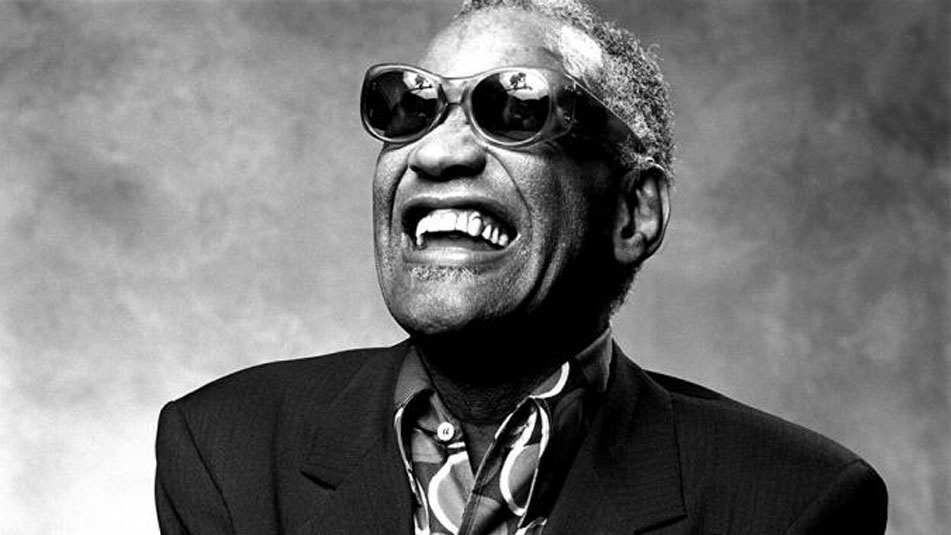
Though a famous record label and catalogue, the true net worth of Tangerine is not known. Ray Charles founded the label in 1962, and moved to it in 1967. ABC-Paramount was the distributor, and did not manage to acquire the company. When Charles left ABC in 1973, he closed Tangerine and started Crossover Records.
Silver lining? Ray Charles Estate still owns Crossover and the Tangerine name. Small win for an artist.
Bizarre/Straight/DiscReet (Frank Zappa)- Warner Music Group
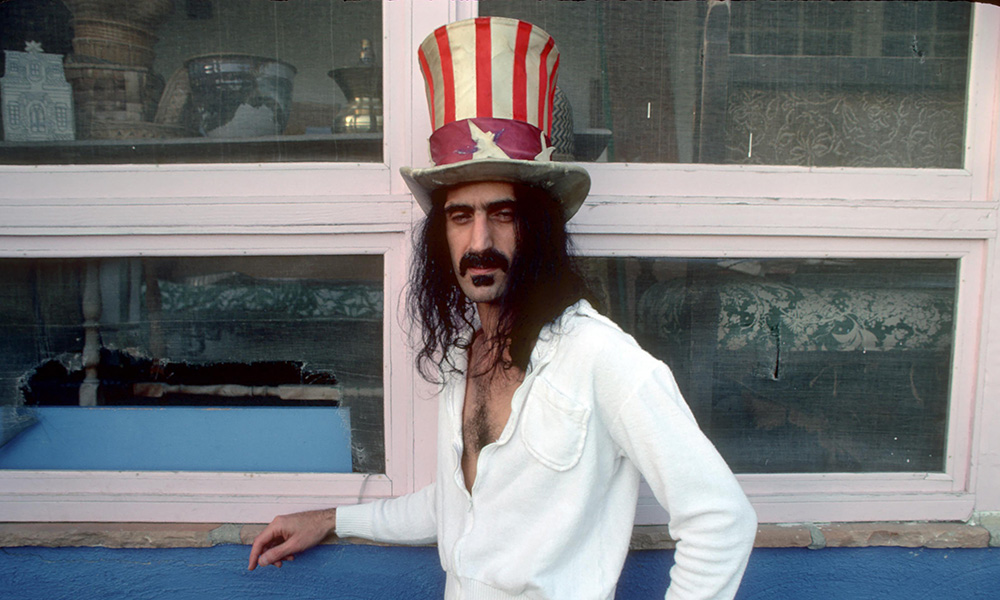
Zappa was always for the freedom of artist and against the monopoly of the music business. A lot of his music has it in subtle, sharp and clever ways.
You May Also Like : ‘Cherry Trees’ by Slovakian Singer Songwriter Kat Kikta is a Moving Transcendental Track
Bizarre mutated into DiscReet, where Zappa released some of his most experimental work. In 1979, Warner Bros. decided to release four albums for which Zappa claimed Warner Bros. did not have proper permission. As distribution goes, Frank Zappa had a lot of disagreements creatively with Warner–a massive player in the music game then and now.
It also led with partnerships ending with Herb Cohen, his long time manager. This was due to acts being signed who Zappa did not approve of, namely Kathy Dalton and Growl. The record label is still property of the Zappa Estate.
Grand Royal (Beastie Boys)-Defunct
The Beastie Boys were a powerhouse by the time they began Grand Royal Records. It was the same name as their magazine, which they ran quite regularly. After they left Def Jam Records in 1992, the boys began this label for their further releases.
However, due to poor management, Grand Royal closed down on August 31, 2001, and formally declared bankruptcy in July 2002.
Paisley Park/NPG (Prince)- Warner Music Group discontinued 1997 feud with the company
Mainly run by the genre bending powerhouse Prince, Paisley Park Records had limited success thanks to its owner. As usual, the distributors were Warner Music Group, and had a distribution deal with the stellar artist.
However in 1994, WMG dissolved their contract with Prince after their feud. Prince fought for the rights to the master recordings of all artists recorded at the label’s studios–and won the case. Prince later started NPG Records, run by Trevor Guy.
Third Man Records (Jack White)- 17.6 million net worth
Though modest in number, Jack White is very responsible for the global vinyl revolution that is going on. From Adele to Metallica, many artists have moved to Third Man for publishing their music on vinyl.
An avid old schooler, Jack White is pushing for the retro rhymes to return with the same style it did. All The White Stripes music, White’s solo work and many other artists are now connected to Third Man. A modest worth of 17.6 million dollars, the 3 production houses now running have a unique aesthetic and appeal.
The power of the indie music movement
Very few artists have found success outside the massive connections and establishment the Big Four groups have. They are namely, Universal Music Group (UMG), Sony Music Entertainment (SME), Warner Music Group (WMG), and BMG. Globally, they control approximately 75% of sales.
This is why movements like Taylor Swift’s are important. Although she re-recorded all her music under her individual label, the ownership of an artists music should be theirs alone. Millions of masters and originals belong to these big four record companies now, who drain royalties for it to this day. A slice of the pie goes to the composer, the original maker of the music.
The independent music movement powered by the internet is supposed to be a game changer. Musicians can now own their music, distribute it through websites and labels who respect the art itself. These examples are dire moments of realising how the capitalistic music industry has to be dissolved, only by the listeners power.
Self professed metalhead, moderately well read. If the music has soul, it's whole to me. The fact that my bio could have ended on a rhyme and doesn't should tell you a lot about my personality.




